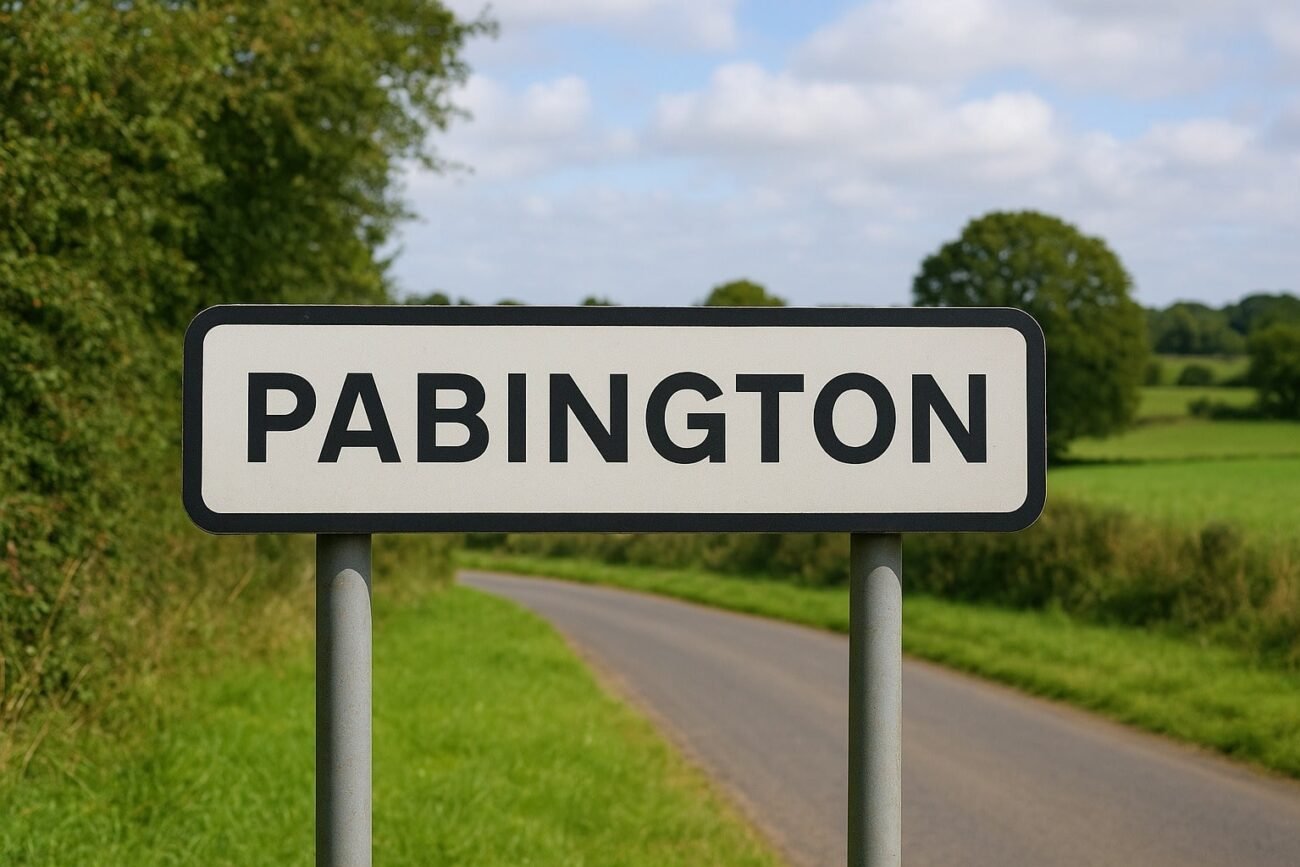Introduction
The word “Pabington” has started appearing across blogs, creative platforms, and even branding discussions, sparking curiosity among readers. At first glance, it looks like an English village name, yet it carries no formal dictionary definition or widely recognized historical background. This mix of familiarity and mystery makes it an interesting subject to explore.
In this guide, we’ll look at where the term comes from, how people are using it today, and why it might matter in areas like creativity, travel, and branding.
What Is Pabington?
Currently, Pabington is not an officially recorded place, brand, or dictionary entry. Instead, it appears to function as:
- A fictional village name imagined in stories or online communities.
- A creative identity or pseudonym chosen by artists, writers, or internet users.
- A potential brand name because of its uniqueness and easy recall.
This flexibility is why it’s gaining attention. Unlike common words, its rarity gives it a sense of originality and symbolic value.
Why It Sounds Real
The ending “-ington” is common in English place names—examples include Abington, Islington, and Worthington. These suffixes often come from Old English, where “-ington” referred to a “settlement” or “town.”
That linguistic pattern makes “Pabington” sound authentic, even though there’s no evidence it ever existed as a town or surname.
Creative And Cultural Uses Of Pabington
As A Fictional Setting
Writers sometimes invent realistic-sounding locations for novels, films, or games. “Pabington” fits perfectly as the name of a small English village with cobblestone streets and historic charm.
As A Digital Identity
Online, rare words work well for usernames, handles, or creative aliases. Because “Pabington” is unique, it avoids duplication and stands out in search results.
In Branding And Business
Companies often choose distinctive names that are easy to remember and SEO-friendly. “Pabington” could work for:
- A tech startup (“Pabington Cloud”)
- An educational platform (“Pabington Learn”)
- A lifestyle brand (“Pabington Living”)
As A Cultural Symbol
On social media, creative communities use such words to inspire memes, storytelling, and artistic expression. Pabington has the kind of sound that could easily evolve into a recognizable digital motif.
How Readers Should Approach Pabington
Since “Pabington” is not formally established, the best way to understand it is by context. If you see it:
- In an article → It may describe a symbolic or fictional location.
- In branding → It’s being used for uniqueness and memorability.
- In online spaces → Likely chosen as a digital identity or creative alias.
Final Thoughts
“Pabington” may not exist on a map, but it’s beginning to take on a life of its own in culture, creativity, and branding. Its rarity, authentic sound, and flexibility make it a fascinating example of how language evolves and how new words gain significance online.
Whether you encounter it in a story, a startup, or a social media handle, one thing is clear: Pabington is less about a fixed definition and more about imagination, identity, and possibility.
FAQ’s:
Is Pabington A Real Place?
No, there is no official record of Pabington as a town or village. It’s more commonly used as a fictional or creative name.
Where Does The Word Pabington Come From?
It likely follows the Old English naming style, similar to places ending in “-ington,” but it has no verified historical origin.
Why Do People Use The Word Pabington Online?
Because it’s unique and rarely used, it works well for usernames, branding, and creative projects.
Can Businesses Use Pabington As A Brand Name?
Yes, its originality makes it attractive for branding, but companies should check trademarks before using it commercially.
What Does Pabington Symbolize?
It often represents creativity, imagination, and uniqueness rather than a fixed meaning.
Hungry for more? Head over to my website for fresh articles.
12 Insights Into Donkshakers: From Car Culture To Digital Learning
